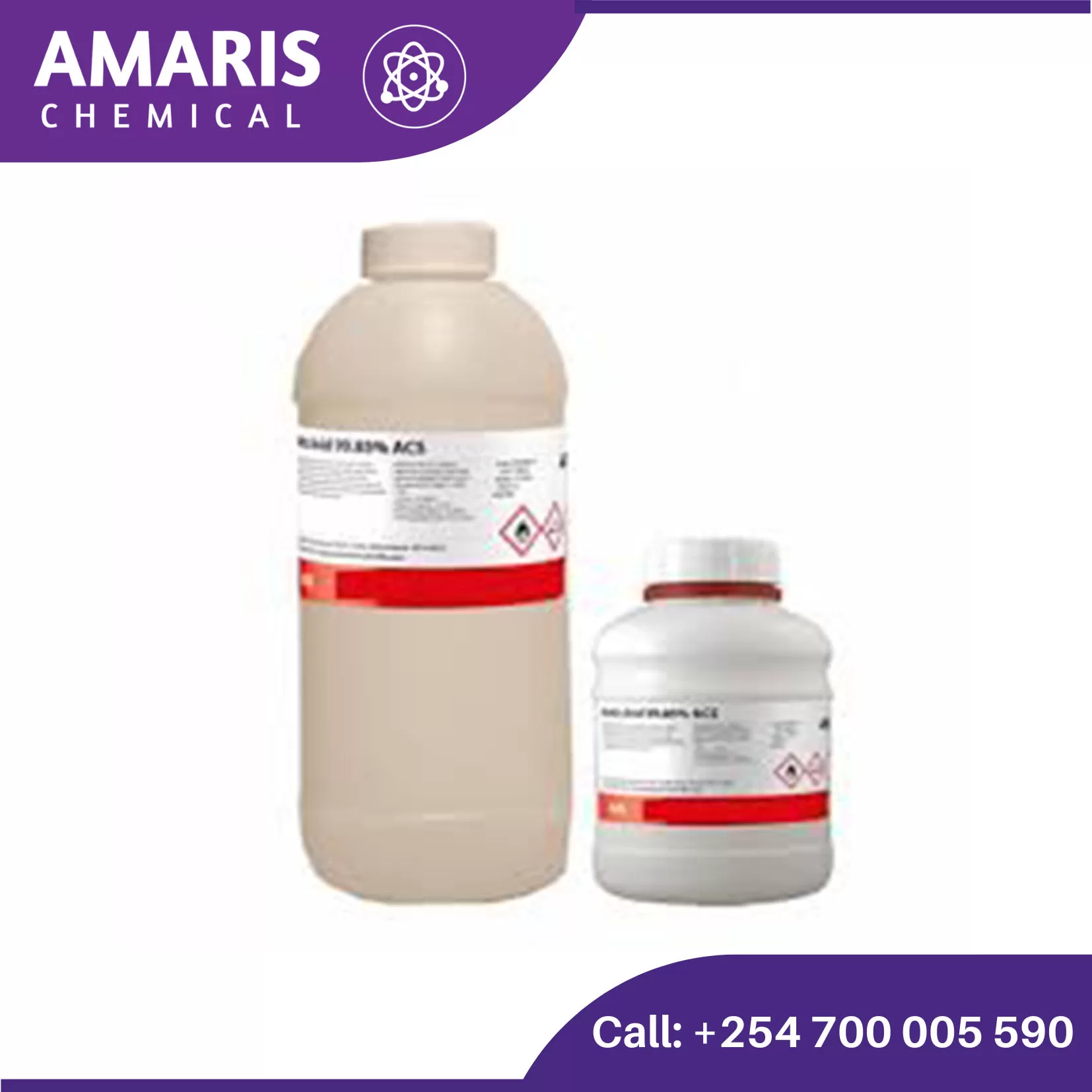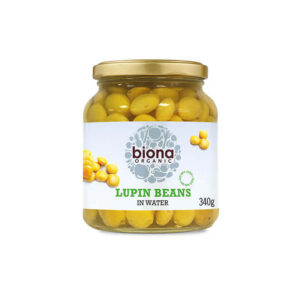Acetaldehyde
Uses of Acetaldehyde
Chemical Synthesis:
Acetaldehyde serves as a precursor or intermediate in the synthesis of various organic compounds. It is particularly useful in the production of acetic acid, a widely used chemical in industries ranging from food processing to pharmaceuticals.
Reagent:
Acetaldehyde is used as a reagent in organic chemistry reactions. It can undergo various transformations such as oxidation to form acetic acid, reduction to form ethanol, and condensation reactions to form aldol products.
Solvent:
Acetaldehyde can act as a solvent for polar and non-polar compounds, depending on the reaction or extraction being conducted in the laboratory.
Microbiology:
In microbiology, acetaldehyde is sometimes used as a fixative in preparing samples for electron microscopy and other imaging techniques.
Analytical Chemistry:
Acetaldehyde is used in analytical chemistry as a standard reference material or as a component in calibration solutions for chromatography and spectroscopy methods.
Research:
It is used in research settings to study its reactions and properties, as well as its effects on biological systems.
Preservative:
Acetaldehyde can be used as a preservative for biological specimens due to its ability to fix tissues.
Crosslinking Agent:
In polymer chemistry, acetaldehyde can be used as a crosslinking agent for certain polymers, improving their mechanical and thermal properties.
People also bought
Angie’s Boomchickapop Sweet & Salty Lupin Beans In Water
$4.00 – $6.00Fresh Cutlets of lamb t-bone
$4.00 – $6.00Our Services
Shipping
Worldwide shipping
Delivery
Timely Delivery
Secure Payment
Safe & Secure Payment
Support 24/7
Contact 24 Hours Day












Reviews
There are no reviews yet.